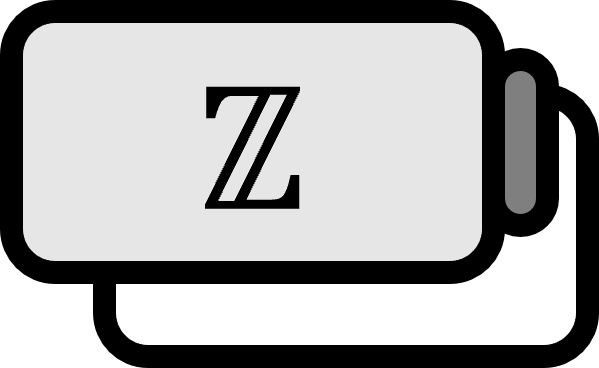One of the Pythagorean Triples Must Be an Even Number
Theorem 1
A natural number $a,b,c$ that satisfies $a^2 + b^2 = c^2$ implies that either $a$ or $b$ is even.
Explanation
Interestingly, one of the Pythagorean triples must always be even.
Proof
Since the square of an even number is even and the square of an odd number is odd, if $c^2$ is odd, then either $a^2$ or $b^2$ must be even. Assuming $c^2$ is even, then both $a^2$ and $b^2$ will be either odd or even, but it suffices to consider only the case where both are odd.
For some natural number $x,y,z \in \mathbb{N}$, let’s define $a,b,c$ as follows: $$ a := 2x +1 \\ b : = 2y + 1 \\ c = 2z $$ Substituting this into $a^{2} + b^{2} = c^{2}$ gives: $$ (2x+1)^2 + (2y+1)^2 = (2z)^2 $$ Expanding the square gives: $$ 4x^2 + 4x +1 + 4y^2 + 4y +1 = 4z^2 $$ Dividing both sides by $2$ gives: $$ 2 \left( x^2 + x + y^2 + y \right) +1 = 2z^2 $$ Here, the left side is odd while the right side is even, which is a contradiction, thus either $a$ or $b$ must be even.
■
Silverman. (2012). A Friendly Introduction to Number Theory (4th Edition): p15. ↩︎
